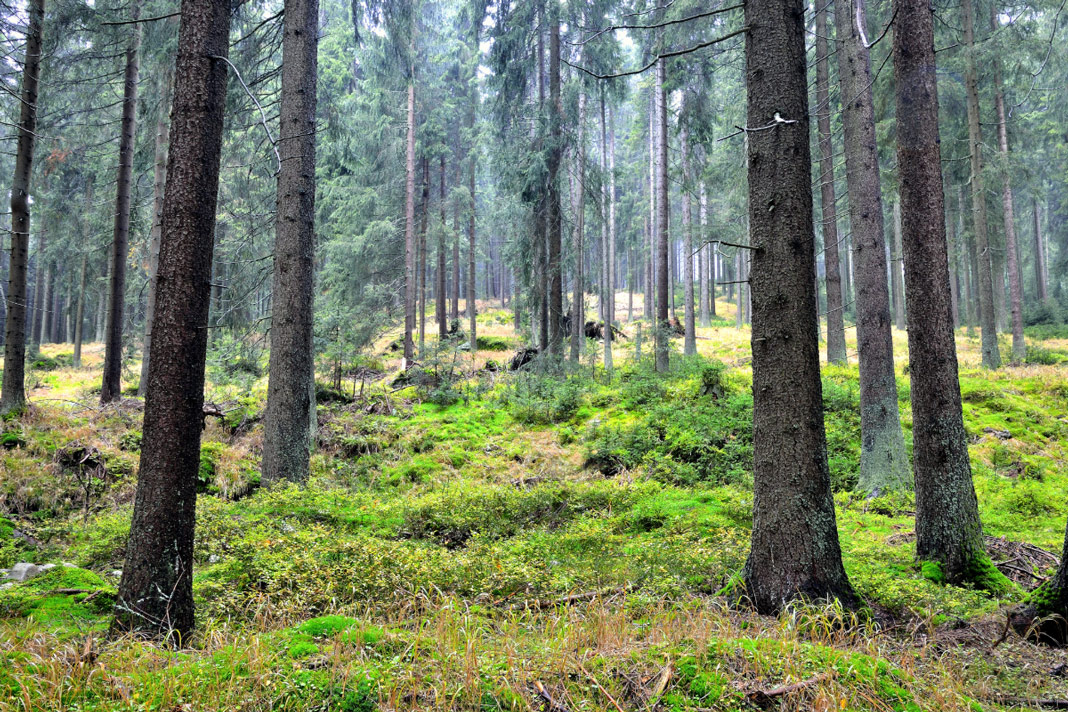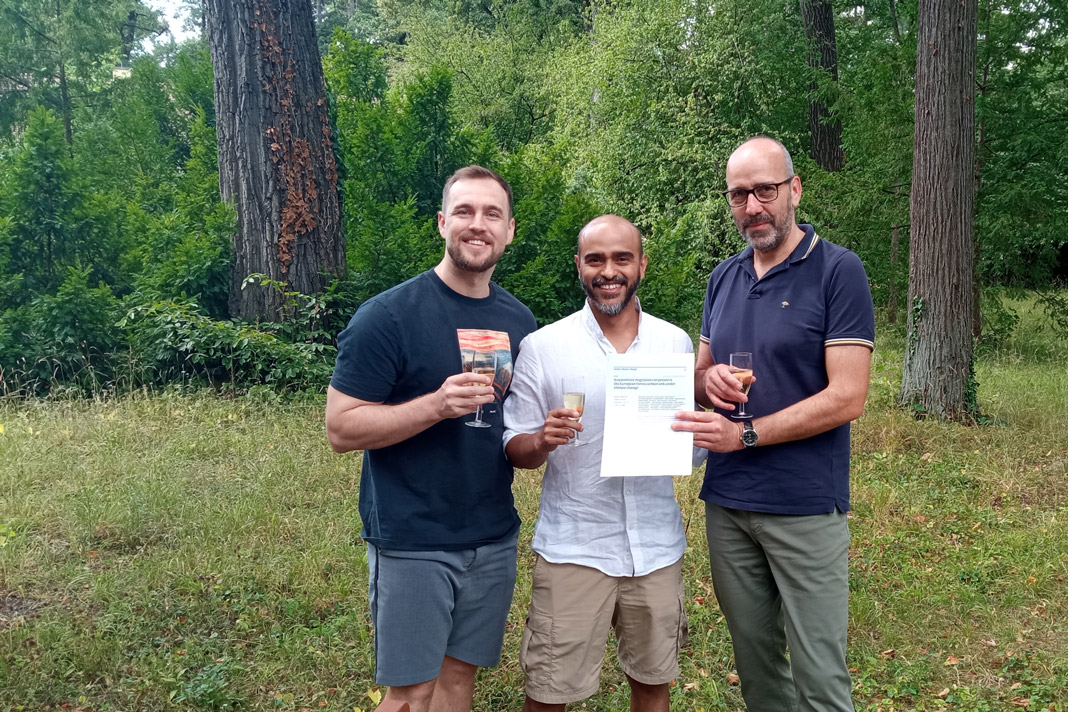Towards measures aimed at mitigating the consequences of climate change in Czech mountain spruce forests
Efforts to restore Norway spruce forests in the Czech Republic focus on preserving pollution-resistant trees and increasing vegetative propagation to mitigate climate change impacts, ensuring long-term forest resilience in the Ore Mountains.
In the Ore Mountains of the Czech Republic, efforts are underway to restore Norway spruce forests that have been severely damaged by pollution, pests, and changing climate conditions. These forests, once dominated by Norway spruce, suffered significant devastation between 1978 and 1985 due to high levels of air pollution from sulphur oxides emitted by coal-fired power stations. Although pollution levels dropped in the 1990s following desulphurisation, forest recovery was hindered by harsh winter conditions in 1995/1996, which caused further damage to young spruce stands.
To address these challenges, a breeding programme focused on the recovery of Norway spruce, particularly the Ore Mountains ecotype, has been implemented. The programme aims to preserve the genetic resources of spruce trees that survived periods of intense pollution. Researchers have collected material from rare, pollution-resistant individuals and are using vegetative propagation to conserve and reproduce their genetic traits. This method, known as ex situ conservation, maintains cloned variants of these resilient trees, ensuring their valuable genetic material is available for future reforestation efforts. These older donor trees, found in various subpopulations, are key to rebuilding the forest and improving the survival rates of newly planted trees in the face of current environmental challenges, including climate change.
The preservation of Norway spruce genetic resources in the Ore Mountains has a long history, dating back to the 1960s. Over the years, collaboration between the Forest and Game Management Research Institute (FGMRI), local forest administrations, and international partners from Germany has resulted in the collection of grafts from resistant spruce trees. These have been used to establish clone archives and parent tree gardens, both within and outside the forest.
As climate change continues to impact the region, increasing the efficiency of vegetative propagation techniques is crucial. By preserving and utilising the genetic material from these hardy trees, the Czech Republic is taking significant steps towards restoring its mountain forests and building their resilience against future environmental challenges.







